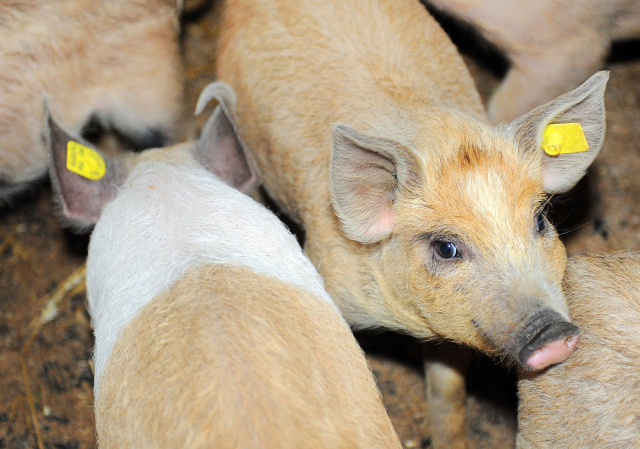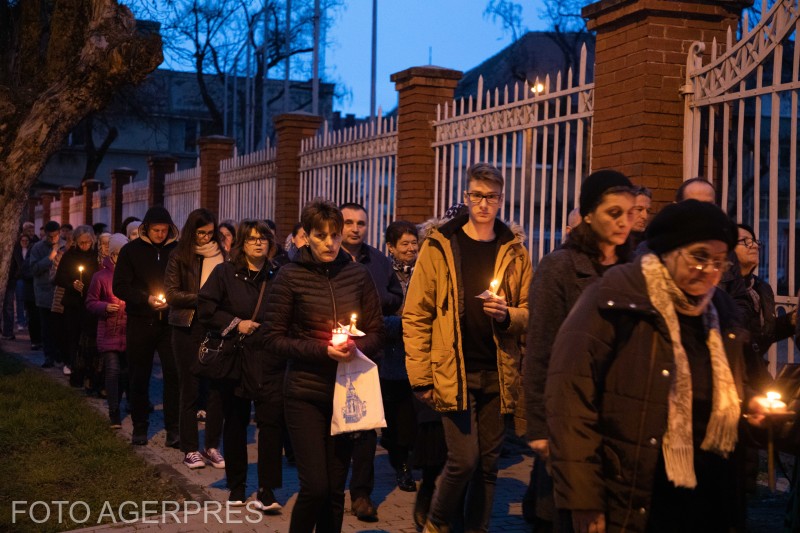The African swine fever continues to spread
The number of African swine fever hotbeds is growing at a fast pace in Romania.

Bogdan Matei, 02.08.2018, 12:29
In only one week, the number of swine fever hotbeds in Romania has increased by some 100 and the overall number stands at 550. This is an aggressive, explosive evolution, says the president of the National Sanitary-Veterinary and Food Safety Authority, Geronimo Brănescu, who explains:
“The swine fever outbreak in the north-west of the country was caused by the illegal introduction in Romania of products made of sick animals or infected with the African swine fever virus. Pigs in the east of the country were infested because of the migration of wild boars, initially within the Danube Delta biosphere reserve. The wild boars got into contact with the domestic pigs living near the reserve and then spread to the households in the region.”
There are some 100 affected villages and communes so far and some 50,000 pigs have been slaughtered, because there is no vaccine or treatment for this disease. Ever since June, the fast spreading of the swine fever has affected mainly households. The Interior Ministry on Wednesday hosted a meeting of the Committee for Special Emergency Situations on the topic of the African swine fever. The authorities call on the owners to allow the slaughtering of the sick animals and observe the protection measures.
The head of the Department for Emergency Situations, Raed Arafat:
“There were counties where prefects and our colleagues have not been allowed to intervene. It is important that compensations are granted and this is what people should understand. There is no reason for them to slaughter the pigs and fraudulently take them to another region and sell the meat, because the swine fever is thus spreading. It is preferably to announce the pig is sick, receive the compensations and let the authorities solve the situation at the site, and thus help contain the disease.”
The first payments of compensations to the affected farmers have already been made, and their total value is close to 30,000 Euros. Compensations are offered both for the slaughtered animals and for collateral damage. On a visit to Brussels last month, Romanian agriculture minister Petre Daea requested funds from the European Commission to compensate the losses caused by halting pork production and of other losses produced by plummeting prices in the affected areas. The financial assistance will also cover costs related to disinfection, the disposal of fodder and the slaughtering of pigs.
The swine fever does not affect people and is not transmissible to humans. However, in a country like Romania, with a relatively high consumption and production of pork, the African swine fever has a devastating social and economic impact. Producers say the estimated losses produced by the swine fever virus stand at hundreds of millions of Euros.






























